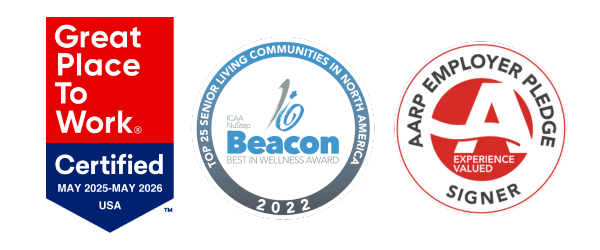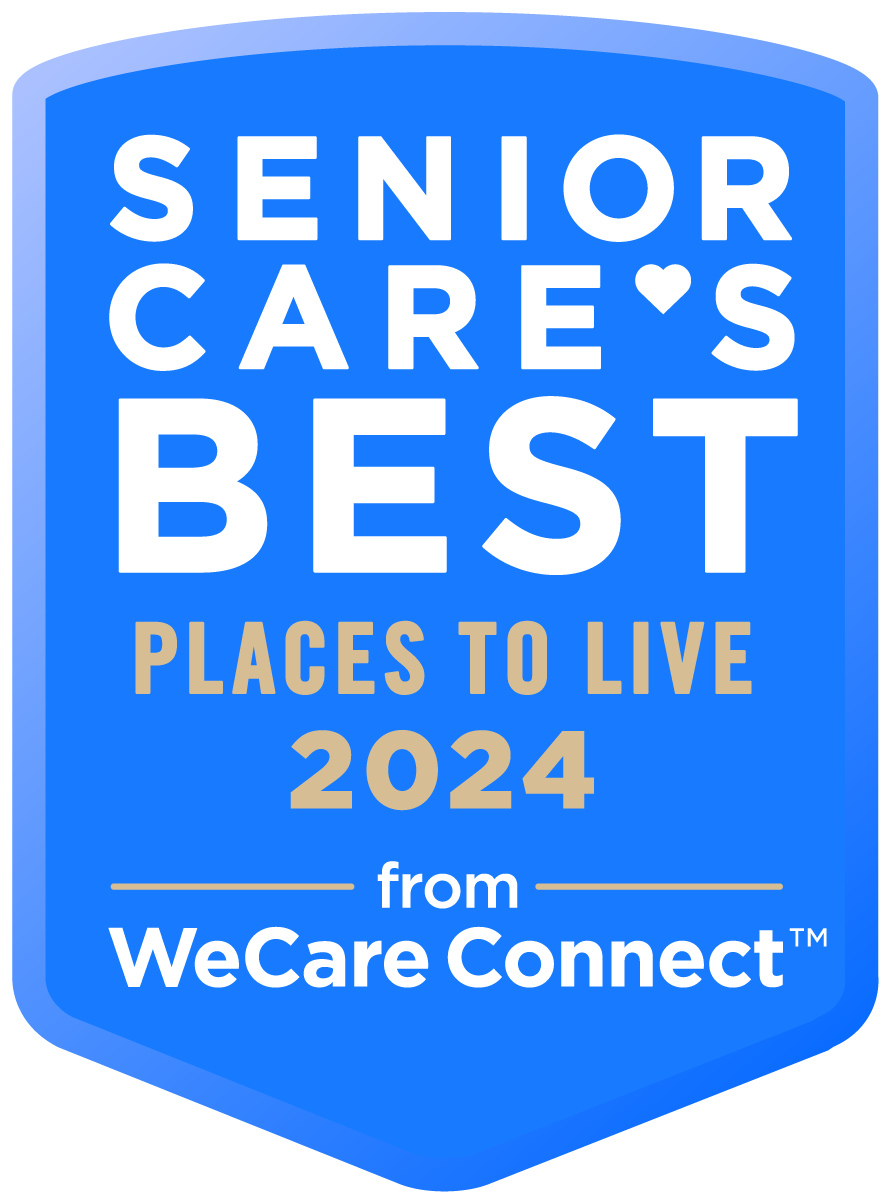Long-term care is something nearly all elderly Americans may consider, and according to the U.S. Department of Health and Human Services, something the majority will utilize.
Did you know 70% of people aged 65 and above can expect to employ long-term care in some capacity, and almost 70 percent of adults aged 90 and up have some sort of disability that may require assistance? Additionally, around 8 percent of adults between ages 40 and 50 may have a disability that requires long-term care.
Statistics aside, what does “long-term care” actually mean for you?
Understanding what long-term care is
There may be misconceptions about what constitutes long-term care. Long-term care does not necessarily equate to “medical care.” Rather, long-term care more closely relates to help with personal needs in all capacities. Oftentimes this means help with basic needs, often referred to as Activities of Daily Living (ADLs). Samples of these ADLs include eating, drinking, personal/hygenic care and getting out of bed.
Long-term care also supports Instrumental Activities of Daily Living (IADLs), which include tasks such as shopping, chores and pet care. If you’re aren’t fit to move about, someone has to help keep things in order!
Long-term care is not limited to a physician’s office. Long-term care may be provided at different places and by different caregivers, with family members oftentimes chipping in to help. Care may be needed for extended periods of time, or it may only be necessary for a short while.
As you age, long-term care may become a topic for discussion relative to you or someone you love. Chronic illness, sickness and limited mobility are common reasons to seek long-term care. Here are some interesting tidbits regarding LTC:
Long-term care at Galloway Ridge is flexible and suits the varying needs of our community.
Life Care at Galloway Ridge
Proper life care encompasses all sides of health — physical, emotional, psychological, etc. Galloway Ridge is proud to offer the following as part of our best-in-class lifecare solutions.
Did you know 70% of people aged 65 and above can expect to employ long-term care in some capacity, and almost 70 percent of adults aged 90 and up have some sort of disability that may require assistance? Additionally, around 8 percent of adults between ages 40 and 50 may have a disability that requires long-term care.
Statistics aside, what does “long-term care” actually mean for you?
Understanding what long-term care is
There may be misconceptions about what constitutes long-term care. Long-term care does not necessarily equate to “medical care.” Rather, long-term care more closely relates to help with personal needs in all capacities. Oftentimes this means help with basic needs, often referred to as Activities of Daily Living (ADLs). Samples of these ADLs include eating, drinking, personal/hygenic care and getting out of bed.
Long-term care also supports Instrumental Activities of Daily Living (IADLs), which include tasks such as shopping, chores and pet care. If you’re aren’t fit to move about, someone has to help keep things in order!
Long-term care is not limited to a physician’s office. Long-term care may be provided at different places and by different caregivers, with family members oftentimes chipping in to help. Care may be needed for extended periods of time, or it may only be necessary for a short while.
As you age, long-term care may become a topic for discussion relative to you or someone you love. Chronic illness, sickness and limited mobility are common reasons to seek long-term care. Here are some interesting tidbits regarding LTC:
- Given women often live longer than men, women are more likely to need LTC
- Single people are more likely to employ paid services
- Family history, diet and poor exercise habits increase likelihood of needing LTC services
Long-term care at Galloway Ridge is flexible and suits the varying needs of our community.
Life Care at Galloway Ridge
Proper life care encompasses all sides of health — physical, emotional, psychological, etc. Galloway Ridge is proud to offer the following as part of our best-in-class lifecare solutions.
- UNC Clinic, which is staffed by nurses and Geriatric Primary Care physicians
- Two social workers on staff to provide grief counseling, caregiver support groups and any other concerns
- Companion services that are available to assist with medications in the home, help with transitioning back home after a hospital visit, and other services
- Unlimited Assisted living, Skilled nursing or Memory care on-site in our Arbor, should it be needed, at almost no additional cost
- The Duke Center for Living – a State-of-the-art 20,000 square foot medically based wellness/fitness facility includes a beautiful heated indoor pool, a comprehensive cardiovascular and strength developing center
- On-site therapists and Center for Physical Rehabilitation
- On-site Duke Primary Care





